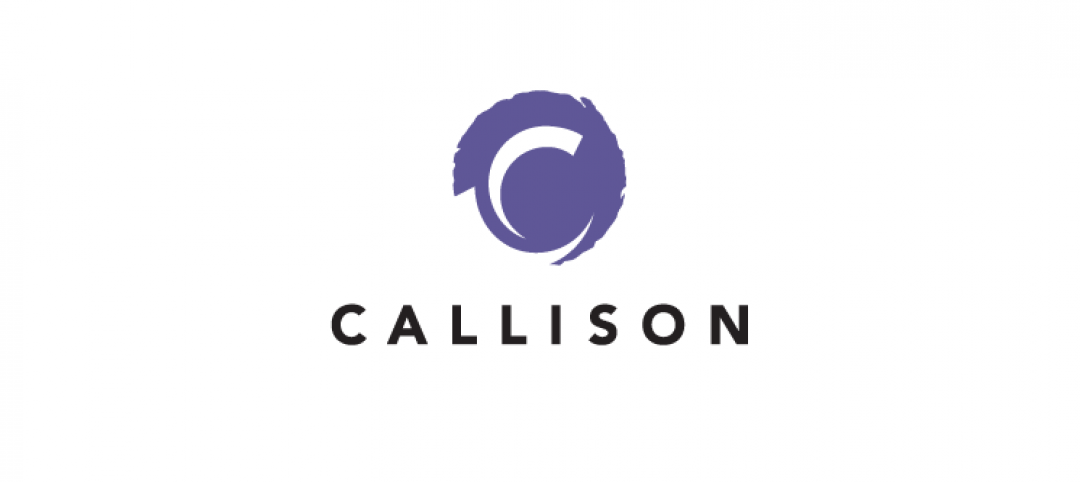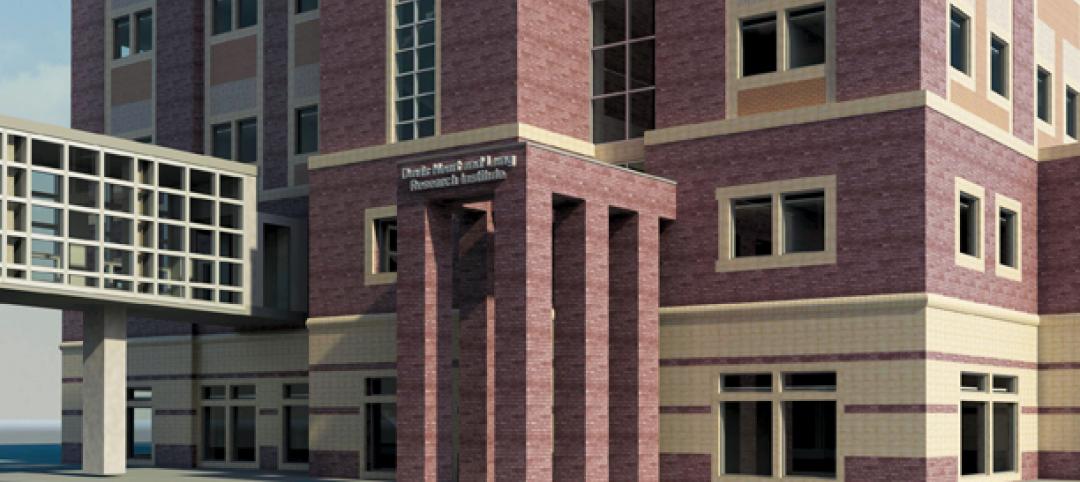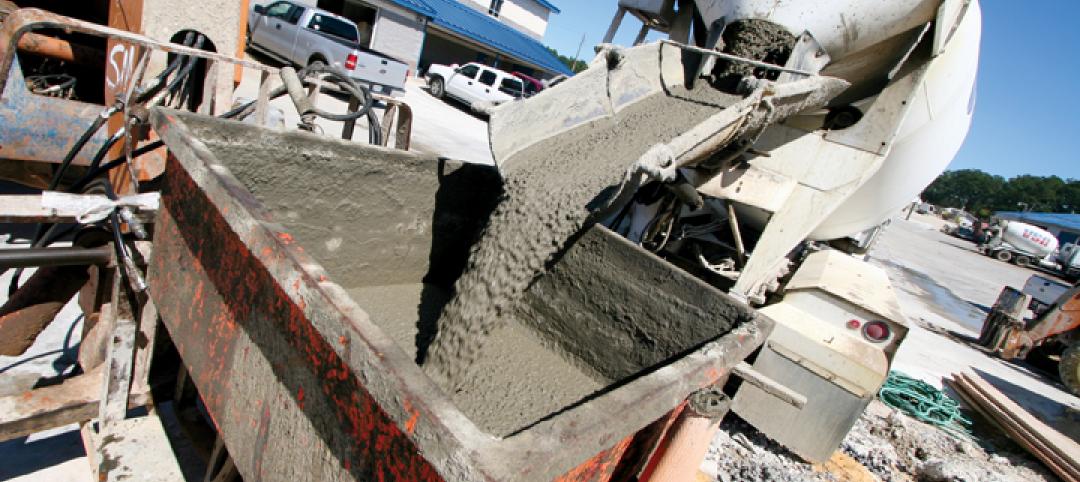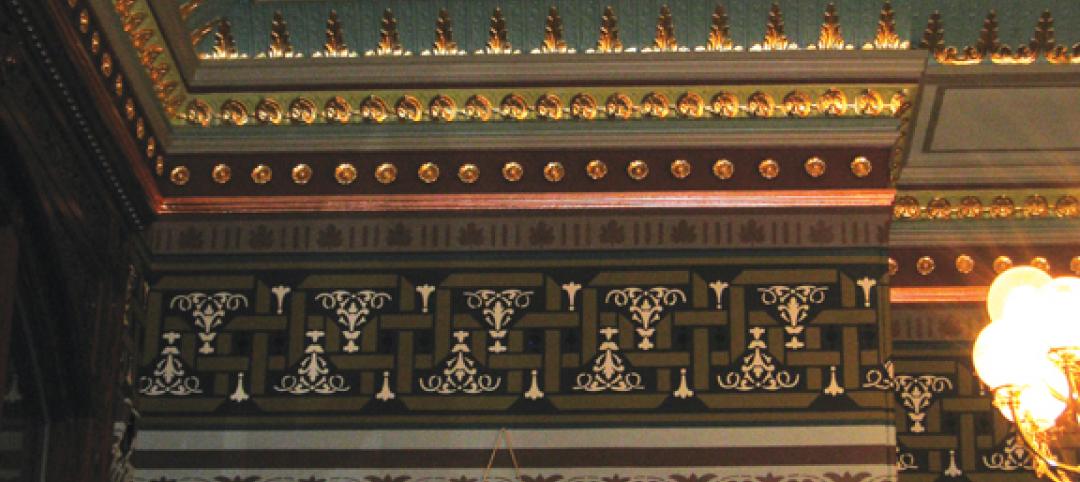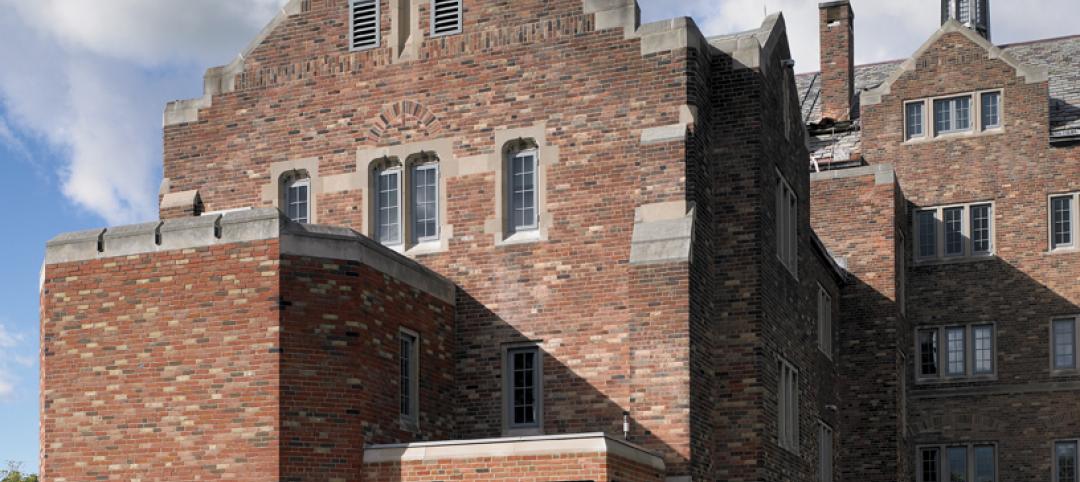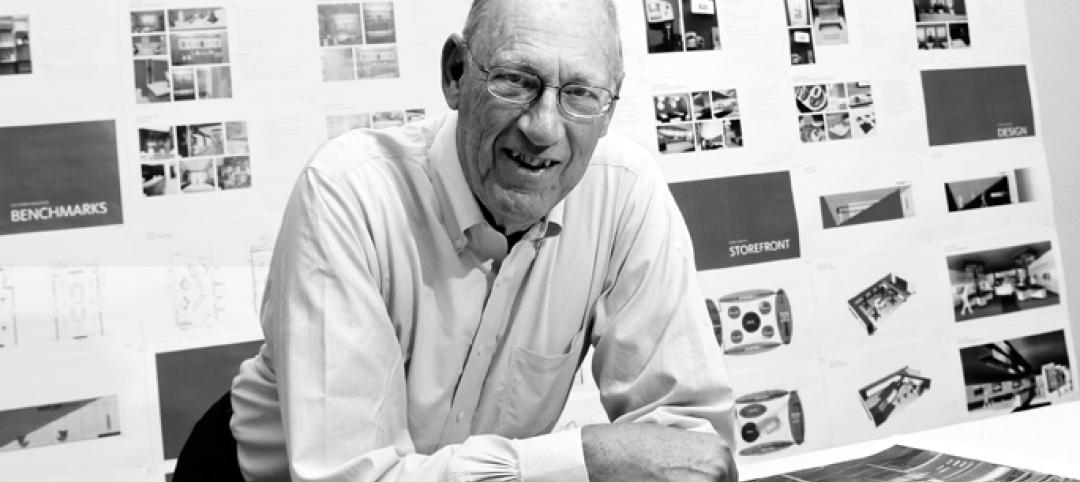Joining pipe can be a demanding task. Even with proper equipment and training, traditional methods of installation still run the risk of causing injury to installers, experienced or not. Liberty Utilities of New Hampshire wanted a way to keep its installers safe without compromising the quality of their installations, which is why the utility provider decided to start installing Viega MegaPress.
“We’re doing 500 in-to-outs and the biggest concern was the wear and tear on the installers’ arms, trying to save their bodies from the wrenching they’re doing,” said Bob Mostone, Gas Service Department Supervisor for Liberty Utilities. “Less mess and threading, that was what caught my eye. It’s easier to fit things together, especially since we’re changing out large-volume meters to rotary meters. Cutting out old flanges and installing new ones is a lot easier too.”
Mostone, who is a licensed gas fitter since 1991, has worked for the utility company for 29 years. When he first experienced press fitting technology, his first thought wasn’t about time savings.
“I saw press technology and I was interested in the wear and tear on the servicemen in the field,” said Mostone. “With Viega MegaPress, we have fewer soft tissue injuries, which are Liberty’s big concern this year.”
According to Mostone, every three months, Liberty’s Vice President of Operations and Engineering chooses a safety category to focus on. The previous category was trips and falls, and currently Liberty is focusing on reducing soft tissue injuries.
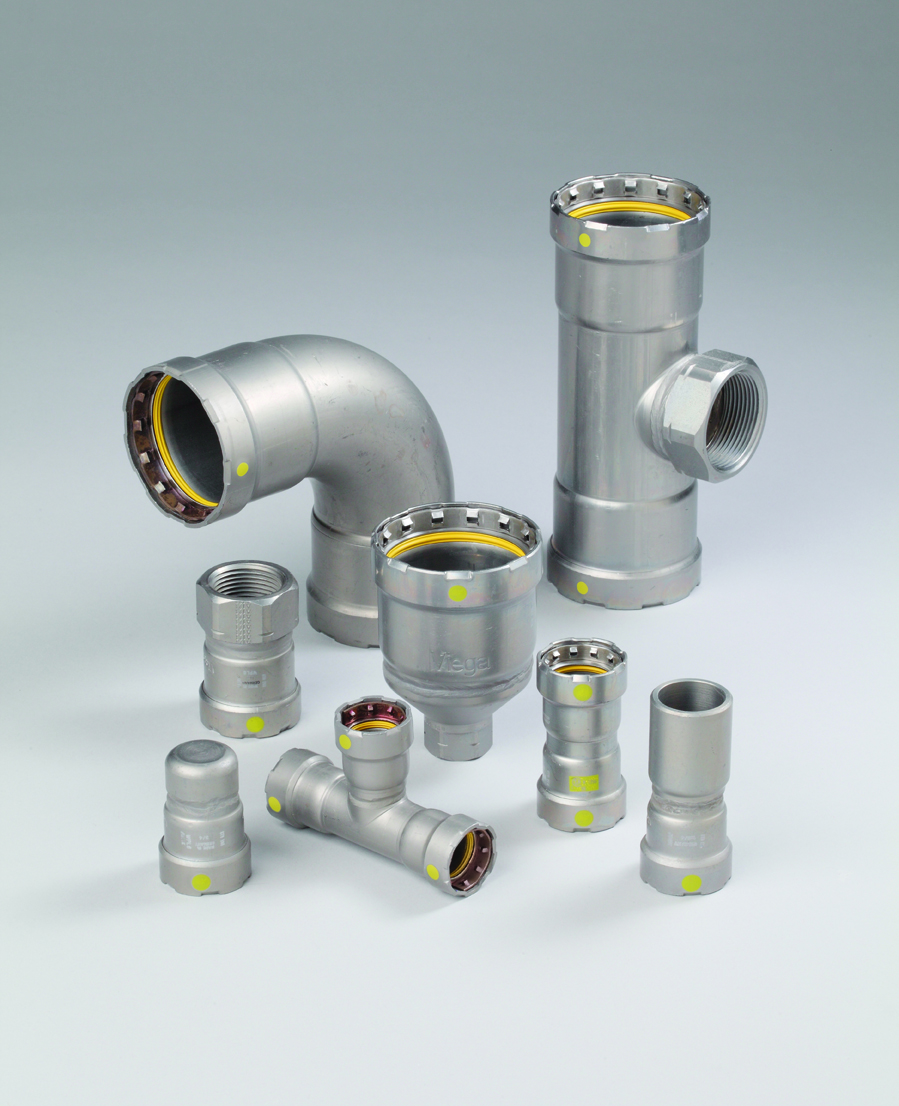
Viega MegaPress carbon steel press fittings
Liberty Utilities is installing Viega MegaPressG fittings in sizes ½" to 2" as it continues working to change out meters across its areas of service. Before experiencing Viega MegaPress, Liberty Utilities installed piping systems using traditional methods. When Liberty discovered the Viega MegaPress system, they were immediately interested in switching.
“The breaking point of the pipe is always weakest around the threads,” Mostone said. “The pipe-wall thickness from the thread breaks down. With threaded pipe, it snaps at the fitting. That’s our strong point now when we’re pressing them with Viega MegaPress.”
Viega MegaPress has allowed Liberty Utilities to take a weakness in black iron pipe joining and turn it into a strength.
Liberty Utilities worked with their local Viega Technical Manager to ensure that Viega MegaPress fittings would meet all codes and standards.
“We did a class with some of the pipers and the codes and standards group, and actually one of the local gas inspectors,” Mostone said. “From that class we voted to move forward to see if we could get it done. We went through the process for our company to approve it. We checked with the state fire marshal’s office and they were fine with it.”
Approved for more applications than any other carbon steel press fitting, Viega MegaPress saves installation time but also helps prevent labor-related injuries on the job.
“Saving wear and tear on the installers’ bodies was my biggest concern,” Mostone said. “Viega MegaPress is helping us with that.”
For more information, visit www.viega.us.
Related Stories
| Jan 3, 2012
Callison acquires Barteluce Architects & Associates
This acquisition will grow Callison’s New York team to over 75 architects.
| Jan 3, 2012
VDK Architects merges with Harley Ellis Devereaux
Harley Ellis Devereaux will relocate the employees in its current Berkeley, Calif., office to the new Oakland office location effective January 3, 2012.
| Jan 3, 2012
Weingarten, Callan appointed to BD+C Editorial Board
Building Design+Construction has named two new members to its editorial board. Both are past recipients of BD+C’s “40 Under 40” honor.
| Jan 3, 2012
New Chicago hospital prepared for pandemic, CBR terror threat
At a cost of $654 million, the 14-story, 830,000-sf medical center, designed by a Perkins+Will team led by design principal Ralph Johnson, FAIA, LEED AP, is distinguished in its ability to handle disasters.
| Jan 3, 2012
BIM: not just for new buildings
Ohio State University Medical Center is converting 55 Medical Center buildings from AutoCAD to BIM to improve quality and speed of decision making related to facility use, renovations, maintenance, and more.
| Jan 3, 2012
New SJI Rule on Steel Joists
A new rule from the Steel Joist Institute clarifies when local reinforcement of joists is required for chord loads away from panel points. SJI members offer guidance about how and when to specify loads.
| Jan 3, 2012
AIA Course: New Developments in Concrete Construction
Earn 1.0 AIA/CES learning units by studying this article and successfully completing the online exam.
| Jan 3, 2012
The Value of Historic Paint Investigations
An expert conservator provides a three-step approach to determining a historic building’s “period of significance”—and how to restore its painted surfaces to the correct patterns and colors.
| Jan 3, 2012
28th Annual Reconstruction Awards: Bringing Hope to Cancer Patients
A gothic-style structure is reconstructed into comfortable, modern patient residence facility for the American Cancer Society.
| Jan 3, 2012
Art Gensler: Still Making a Difference for Clients Every Day
After running what is today the largest architecture firm in the world for more than four decades, M. Arthur Gensler, Jr., FAIA, FIIDA, RIBA, is content to be just another employee at the firm that bears his name.


